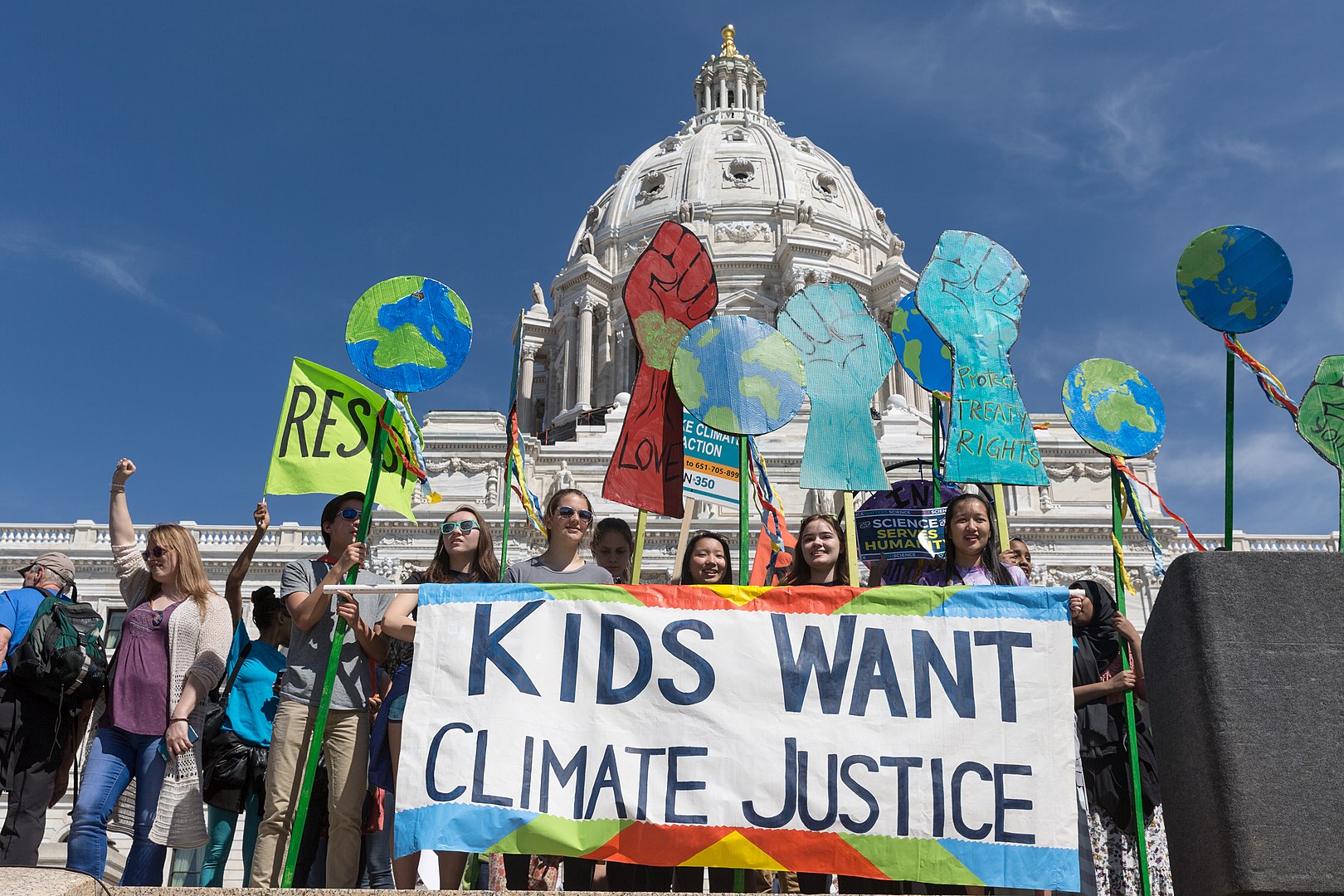https://twitter.com/MaxWilbert/status/1218955099671646208?s=20
[via Common Dreams](https://www.commondreams.org/news/2020/01/18/our-planet-seriously-burning-and-adults-keep-letting-us-down-ninth-circuit-throws):
“In a ruling taken as a devastating blow for climate campaigners worldwide, the 9th Circuit Court of Appeals in the United States on Friday afternoon threw out a lawsuit brought by 21 youth plaintiffs who accused the U.S. government of failing its constitutional mandate by refusing to act urgently and responsibly to address the existential threat of human-caused global warming.
The case at issue, Juliana vs. United States, has been seen as a potential landmark case not just domestically but across the globe and while the three-member panel of the 9th Circuit—notably seen as one of the country’s most liberal-minded circuit courts—agreed with the plaintiff’s argument that the U.S. government has operated as a barrier to climate action it concluded the courts were not the appropriate avenue for their complaint.
In the 2-1 majority ruling, written by Circuit Court Judge Andrew Hurwitz, he stated that while the panel was convinced by the narrative set forth in the lawsuit—agreeing the climate crisis has brought the world close to the “eve of destruction” and that “the government’s contribution to climate change is not simply a result of inaction”—it ultimately and “reluctantly concluded that the plaintiffs’ case must be made to the political branches or to the electorate at large.”
Deep Green Resistance covered this case back in November, when we published an article titled " The Legal System Will Not Save the Planet.” That article more or less predicated an ineffective outcome for this case—which is not something we revel in. We wish that this case were effective. But it will not be, for a variety of reasons discussed in that piece.
“Legally speaking, judges can rule anything they want, as long as they can justify it using legal precedent. But there are also specific legal and doctrinal barriers that confine all judges who sincerely believe in the structure of American law. Namely, as mentioned earlier, the notion that nature is property, that property can be rightfully destroyed or consumed by its owner, and the principles of corporate rights all stand in the way in the significant legal change. Further, even favorable court rulings would depend on the Executive and Legislative branches of the U.S. government, as well as on police, military, and other Federal employees, to enforce such a legal shift.”
This work is licensed under a Creative Commons Attribution-NonCommercial-ShareAlike 4.0 International License.
Featured image via Wikipedia, CC BY-SA 2.0.
